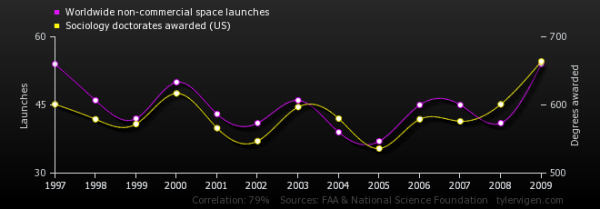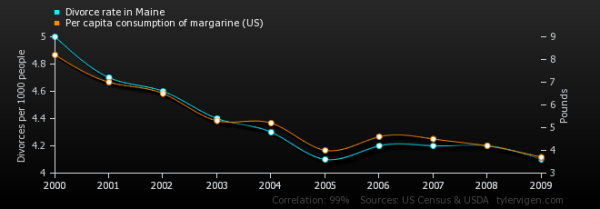Following our series of posts on the issue of the psychological avoidance of cutting losses when prospects are bleak, let us once again quote Daniel Kahneman in the bestseller “Thinking, Fast and Slow“: “[because of the psychological effect leading to desperate gambles in the face of a high probability failure], the escalation of commitment to failing endeavors is a mistake from the perspective of the firm but not necessarily from the perspective of the executive who “owns” a floundering project“. As a result, “Boards of directors are well aware of these conflicts and often replace a CEO who is encumbered by prior decisions and reluctant to cut losses.” That statement can naturally be extended to any situation down in the organization.
 The ultimate response to the situation of the manager or the executive that continues a failing project and cannot exit this situation of desperate gambling is thus, from the organization point of view, the replacement of the manager in charge. Unencumbered by the issue of sunk costs and sunk emotional commitment, the new manager can cut losses (which, at the same time, allows him or her to highlight that the previous manager what incompetent – while that might just have been bad luck).
The ultimate response to the situation of the manager or the executive that continues a failing project and cannot exit this situation of desperate gambling is thus, from the organization point of view, the replacement of the manager in charge. Unencumbered by the issue of sunk costs and sunk emotional commitment, the new manager can cut losses (which, at the same time, allows him or her to highlight that the previous manager what incompetent – while that might just have been bad luck).
However there are obviously many drawbacks to that ultimate decision; in particular, the temporary lack of effectiveness which will be created in that part of the organization until the new manager is up to speed with the particulars of the company and the business. Often, it is preferable not to use that ultimate weapon but rather opt for softer solutions such as introducing as deputy someone that will allow a new course to be taken. This last solution also allows continuity and minimizes disruption.
When it comes to cutting losses on an endeavor and if the situation has already worsened significantly, changing the manager in charge can be the only solution to save what can still be saved. The emotional attachment to sunk actions is too strong to be overcome by the people in place, even if they show outstanding capabilities.













